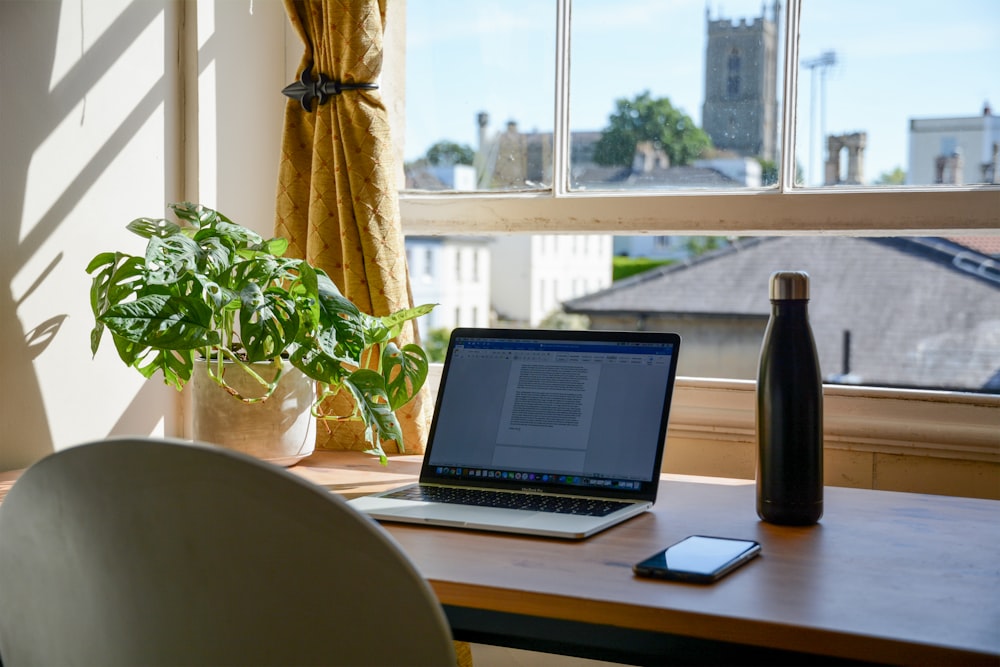10 Mental and Physical Health Benefits of a Clean and Organized Home
About 54% of people find cleaning the most stressful chore on their to-do lists.
It’s also rather time-consuming. The average person needs at least 6 hours every week to clean their home, and around 26% have to miss out on events just to tidy up.
But is maintaining a clean and organized home worth all this time and effort?
Several studies say yes. Decluttering and cleaning up your house regularly is good for you, both mentally and physically.
Here are ten potential benefits to look forward to:

1. Reduces Allergy and Asthma Triggers
Some sources estimate that the average house collects around 40 pounds of dust every year. If you sweep and pile up that dust, you’ll have enough to make four bunny sculptures. The side effects aren’t as cute as bunnies, though.
Dust isn’t just dirt. It usually isn’t 70% dead skin cells like some people claim, either.
Sure, there’s a bit of human skin and dirt in there. But there are also mold spores, pollen, bacteria, decomposing fibers, pet dander, and mite waste, all held together by static electricity.
So, it’s not hard to see why dust accumulating in your house can trigger allergies and cause asthma flare-ups.
To reduce exposure, the American College of Allergy, Asthma, and Immunology (ACAAI) recommends regular vacuuming (with a HEPA filter) and washing linens with hot water.

Of course, keeping your rooms organized and your shelves de-cultured from the get-go will make the dusting process easier. After all, knick-knacks aren’t called “dust collectors” for nothing!
2. Protects Against Foodborne Diseases
Dust and allergens aside, there are lots of ways that a dirty home can affect your health.
Your seemingly clean kitchen could harbor salmonella, listeria, and E.coli.
A National Sanitation Foundation (NSF) study analyzed 14 common kitchen items in different households. The results showed that 25% of these items tested positive for E.coli and/or salmonella. Listeria was present on 10% of the items, and 100% of all 14 items had yeast and mold.
Ideally, you’d disinfect your work surfaces each time you prepare and handle raw food. If you don’t, you risk cross-contamination, leading to foodborne illnesses.
And while disinfecting and cleaning are not the same, they do come hand-in-hand. You simply can’t disinfect a dirty kitchen—the debris and grease in the nooks and crannies will keep the disinfectant from doing its job properly.
Plus, being generally organized can help reduce cross-contamination. For instance, raw food items should go into your fridge below prepared food. Then, raw foods need to be arranged in a specific order: whole fish, beef, ground meat, and poultry.
You have to admit it’s hard to stick to this layout when your fridge is messy. Odds are, you’ll just jam your raw food in.
3. Gets You One Step Closer to Your Fitness Goals
Engaging in physical activity every day can reduce the risk of heart disease. And when we say “physical activity” here, we don’t just mean workout sessions. One study points out that doing chores is good enough.
Researchers at Indiana University came to similar findings. They found a correlation between physical activity level and home condition.
Doing housework can also be an exercise in self-regulation, which can go a long way in achieving your fitness goals.
So, in your attempt to keep your home tidy, you might boost your fitness level and overall health.
4. Makes Dieting Under Stress Easier
Keeping your home clean and organized won’t just help you boost your physical activity level. It could help you curb stress eating as well.
A study from the Cornell Food and Brand Lab found that stressed women in a messy kitchen are more likely to overeat than those in a quiet, clutter-free environment.

If you have a relaxed mindset, then the condition of your kitchen shouldn’t be a major threat to your diet. But once the stress hits, you’ll want to make sure your surroundings are as clean and tidy as possible to give your diet plan a fighting chance.
5. Reduces the Risk of Falling Accidents
Every year, almost one-third of people aged 65 and older suffer from a fall/trip, and most of those accidents happen at home. In fact, falls were the second most common cause of death in homes in 2022.
Slippery mats, poor lighting, and missing handrails are all possible culprits, but so is clutter.
Decluttering your home can protect you and your loved ones from a painful and potentially fatal fall.
6. De-Stresses You in More Than One Way
Living in tidy homes can be great for de-stressing.
Here’s why:
- Looking at clutter all day can lead to a cognitive overload.
- Having to look for lost items in your own home all the time can be frustrating.
- For some people, doing chores (mindfully) in itself can be calming.
- Clutter is associated with higher cortisol (the stress hormone) levels.
That said, there are two ways to look at that last point.
On the one hand, you could consider the elevated cortisol level a physiological response to clutter. On the other hand, you might say that the high cortisol level from chronic stress is making it harder for people to tackle chores, eventually leading to clutter.
Either way, maintaining a well-organized home as a way to help with stress is still worth a shot.
7. Gives You a Productivity Boost
We just mentioned that clutter can “overload” us. Well, this doesn’t just cause stress. It also makes it harder to focus on the task at hand. Think about it; having more visual stimuli (receipts, wires, crumpled paper, etc.) around you will only keep you distracted.
To make matters worse, clutter is tied to chronic procrastination.
So, if you work from home, a tidy desk might be just what you need to boost your productivity.
If you can redo your home office setup to a more minimalist approach, go for it. But even a quick tidying up (check the three-minute rule) each day can do wonders for your desk.
8. Provides Satisfaction and a Sense of Control
For some people, maintaining a clear, organized house is a way of gaining control. Stuff will always get out of hand at work, with friends, in relationships, and so on. At least you can end each day knowing that you’re going back to a pristine home.
This also applies to older people who are having trouble with routine tasks. Decluttering can help them stay in control of their surroundings. It should also provide a sense of accomplishment, even if on a small scale.
9. Turns a House Into a Home
Plush rugs, kids’ artwork on the fridge, framed photos, memorabilia, and candlelights can all make your house feel warm and inviting.
But, at some point, disorder and excessive clutter will undermine this notion of a “psychological home” that you build with trinkets and personal touches—so much so that it could lead to distress and a sense of alienation.
That’s not to say that you have to give up all your knick-knacks, though.
A bit of white space can balance things out as long as you arrange your decorations purposefully. In many cases, opting for a few large items rather than a bunch of small trinkets can make all the difference.
10. Helps You Get a Good Night’s Rest
The state of your bedroom can make or break your sleep quality. What defines a relaxing sleeping environment?
Well, everything plays a role, from the ideal temperature and relaxing scents to the bedding choice.
You’ve probably noticed how nice laying down on a fresh, wrinkle-free bed sheet feels. It’s quite a universal feeling, too.

In a 2018 poll, more than 70% of the respondents said they sleep more comfortably on a sheet that smells fresh, and 53% reported that fresh sheets are an important contributor to their sleep experience.
66% said a clean bedroom is important for a good night’s rest. So, you need to focus on the room as a whole, not just the sheets.
The reward? Getting consistently good sleep can help boost your mood and overall physical health (immunity, cardiovascular system, healing, etc.).
As it happens, there’s also some truth to the “beauty sleep” notion. People tend to be perceived as healthier and more attractive when they’re well-rested!
Final Thoughts
Maintaining a clean, organized home doesn’t necessarily mean going full-on minimalist. The idea here is to take a couple of extra measures to reduce clutter, germs, and allergens.
Breaking down cleaning tasks so they fit into small time blocks, making sure every item has a “home,” and embracing a mindful approach can all help make the chore more palatable and possibly even rewarding.
If it all becomes too overwhelming, consider hiring a professional either to clean your house periodically or offer organizational advice.





